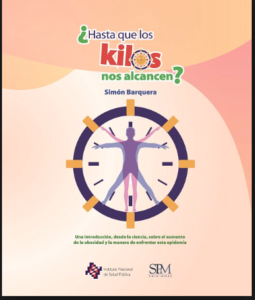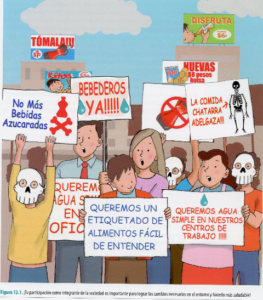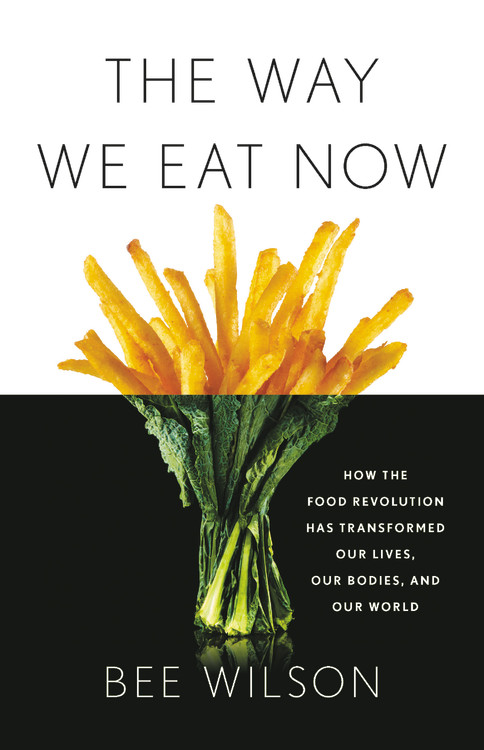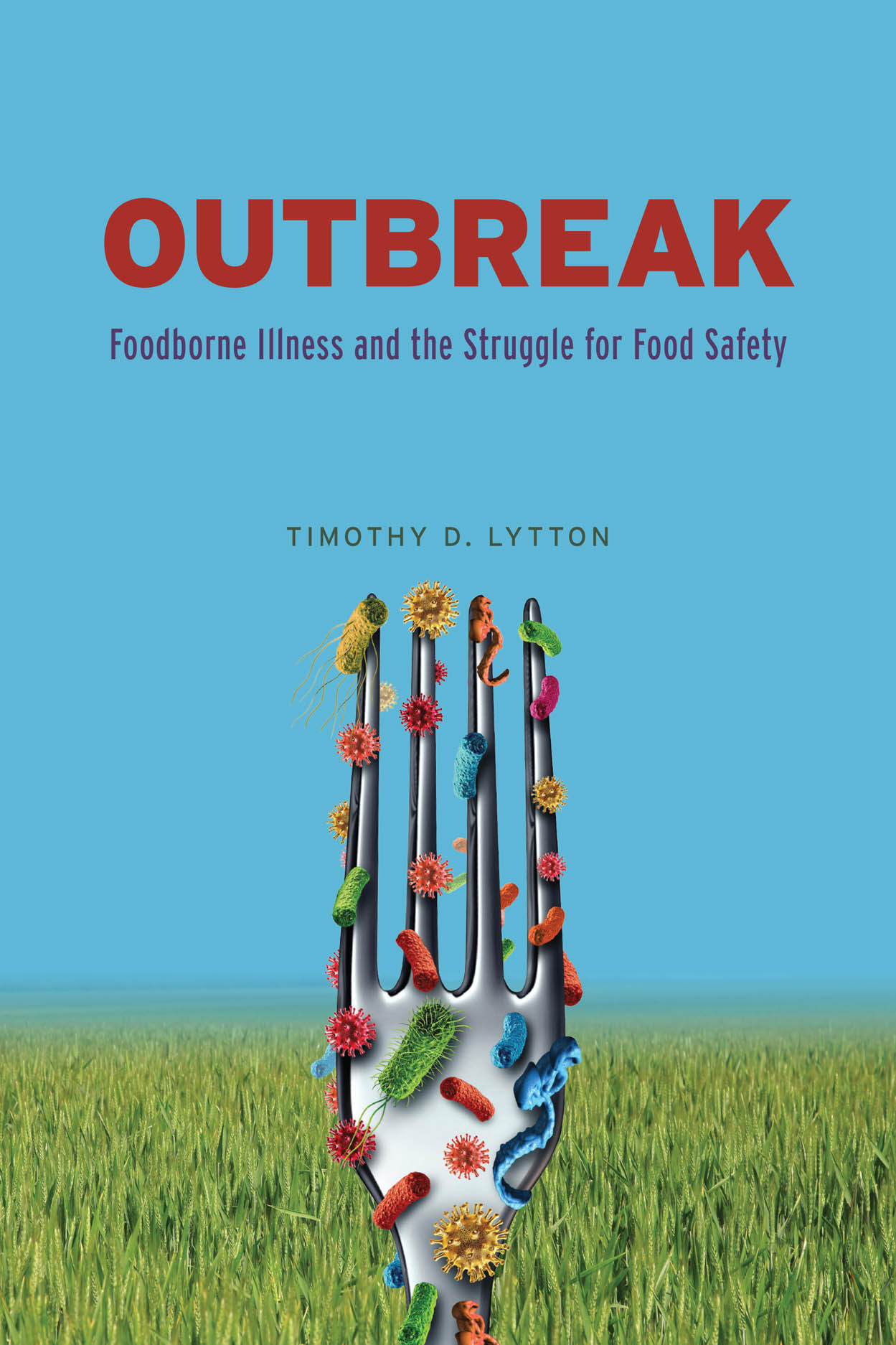Weekend reading: Meat, Cultured and Not
I’ve been seeing lots of books about meat lately. Here are two recent ones.
Josh Berson. The Meat Question: Animals, Humans, and the Deep History of Food. MIT Press, 2019.
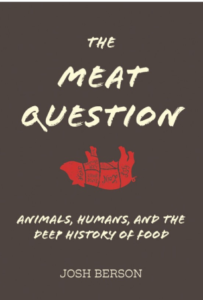
The author is an Australian social scientist, a vegan, who has produced a deep dive into the history of the use of meat as food and as cultural symbol. As he puts it,
The aim of this book is to unpack what I’ve come to call the Meat Question–Should humans be eating meat, and if so who, and what kinds, and how much?–in the most comprehensive way possible. The perspective…is deep deep in that it encompasses the history of human meat eating and human relationships with other gregarious vertebrates over a span of more than 2 million years. (p. 2)
This [book’s] perspective is centered on my conviction that the economic violence of meat has less to do with who can and cannot afford it than with how meat serves to prop up a system of asymmetric benefits from all forms of human activity, not just that related to food. Growing demand for meat is not simply an outcome of growing affluence. It is a symptom of the inequality and oppression that have accompanied that affluence. (p. 294)
Benjamin Aldes Wurgaft. Meat Planet: Artificial Flesh and the Future of Food. University of California Press, 2019.
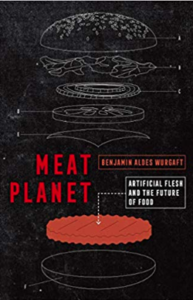
This book examines the brand-new industry creating lab-based meat. These products are not yet on the market but are of such enormous public and economic interest that they are well worth book-length treatment.
This book tells the story of what I found, and what I did not find, in the course of my time in the small, strange world of cultured meat, during what seemed to be the early years of an emerging technology. I expected to spend time in laboratories…This did happen in some measure, but for the most part I found myself with very little laboratory science to observe and a great many public conversations about cultured meat to participate in and sort through. (p. 15)
But cultured meat, too, raises moral questions. Not questions about our moral regard for harvested cells, but questions about the implications cultured meat may hold for our moral regard for animals….It is relatively easy to see how cultured meat would or would not suit different philosophical arguments for animal protection….But assuming that cultured meat leads to abolition of animal agriculture, it will change our sense of what these creatures, these nonhuman animals, are doing in the world. (p. 133)
Both of these books deal with the moral, philosophical, cultural, historical, and socioeconomic implications of meat-eating, although from quite different perspectives.





